We need to talk about operational technology
Groups like Volt Typhoon are abusing poor hygiene in critical infrastructure to pre-position for attacks

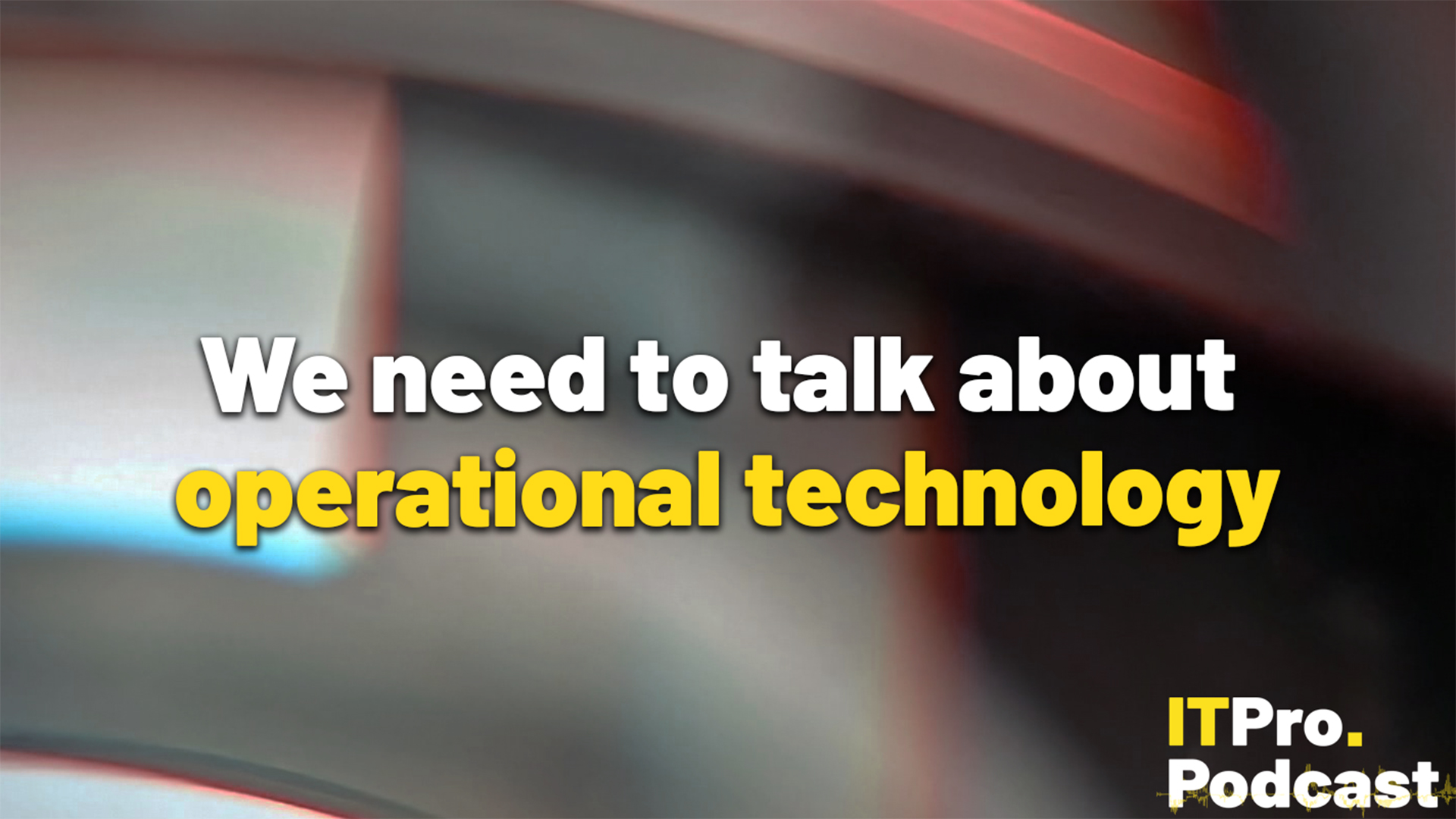
Cyber attacks can feel a layer detached from the real world. Yes, businesses frequently see IP stolen, get frozen out of systems, or have data wiped by malicious actors. But if you haven’t got your finger on the pulse, cyber attacks can also fail to register in your day to day.
But there are instances where cyber attacks come crashing into the lives of everyday people, and become impossible to ignore: when attackers go after critical infrastructure and operational technology.
Breaches and malware attacks at power and water plants, against core supply chain organizations, or against transport networks can all cause catastrophic damage, enormous financial losses – and even lead to deaths. What are some of the groups leading the charge against critical infrastructure, how are groups targeting operational technology – and what can we do to protect that infrastructure we hold most dear?
In this episode, Rory speaks with Magpie Graham, technical director of intel and services at Dragos, to discuss attacks on operational technology, critical infrastructure, and the future of large-scale cyber attacks.
Highlights
"We're used to hearing about attacks against a server, maybe it's a mail server, could be a firewall, something in the periphery that is exposed to the internet. But unfortunately, the cyber hygiene around a lot of OT systems is so poor that there is actually exposure to the direct Internet with a service that would actually allow manipulation of those processes within an OT environment, often not even requiring any form of authentication, never mind the requirement to exploit that software that's running."
"When you're looking at endpoints of a network where four or five different groups be egressing from, it's not always easy to categorize which group is it that's interested in which target, or at what point in their larger operational plan are they. Is this reconnaissance we're seeing? Are they scanning external infrastructure to look for vulnerabilities, or is this actually part of a dedicated, focused intrusion at a specific organization?"
"So something we try to do whenever a bulletin comes in from a vendor is to actually say, if you can't patch, you can take these additional steps. And it could be as simple as blocking a port, it could be that you re-architect part of the network, you don't have to necessarily have brilliantly segregated, distinct networks for all of your OT and your different processes that are firewalled off from each other. I mean, ideally you should, but if you can't maybe that piece of equipment should be behind an additional firewall."
Sign up today and you will receive a free copy of our Future Focus 2025 report - the leading guidance on AI, cybersecurity and other IT challenges as per 700+ senior executives
Footnotes
- Manufacturing firms are struggling to handle rising OT security threats
- 300 days under the radar: How Volt Typhoon eluded detection in the US electric grid for nearly a year
- Volt Typhoon is wreaking havoc again – this time on US internet providers
- Microsoft: Russia increasingly timing cyber attacks with missile strikes in Ukraine
Subscribe
- Subscribe to The IT Pro Podcast on Apple Podcasts
- Subscribe to The IT Pro Podcast on Spotify
- Subscribe to the IT Pro newsletter
- Join us on LinkedIn

Rory Bathgate is Features and Multimedia Editor at ITPro, overseeing all in-depth content and case studies. He can also be found co-hosting the ITPro Podcast with Jane McCallion, swapping a keyboard for a microphone to discuss the latest learnings with thought leaders from across the tech sector.
In his free time, Rory enjoys photography, video editing, and good science fiction. After graduating from the University of Kent with a BA in English and American Literature, Rory undertook an MA in Eighteenth-Century Studies at King’s College London. He joined ITPro in 2022 as a graduate, following four years in student journalism. You can contact Rory at rory.bathgate@futurenet.com or on LinkedIn.
-
 The UK AI revolution: navigating the future of the intelligent enterprise
The UK AI revolution: navigating the future of the intelligent enterpriseAs AI reshapes industries and societies, decision-makers in the UK face a critical choice: build a sovereign future or merely import it.
-
 Turning the UK AI revolution into a sovereign reality
Turning the UK AI revolution into a sovereign realityThe UK AI Revolution documentary series posed difficult questions about AI’s hype, control, and future. Now, IT leaders must find the architectural answers
-
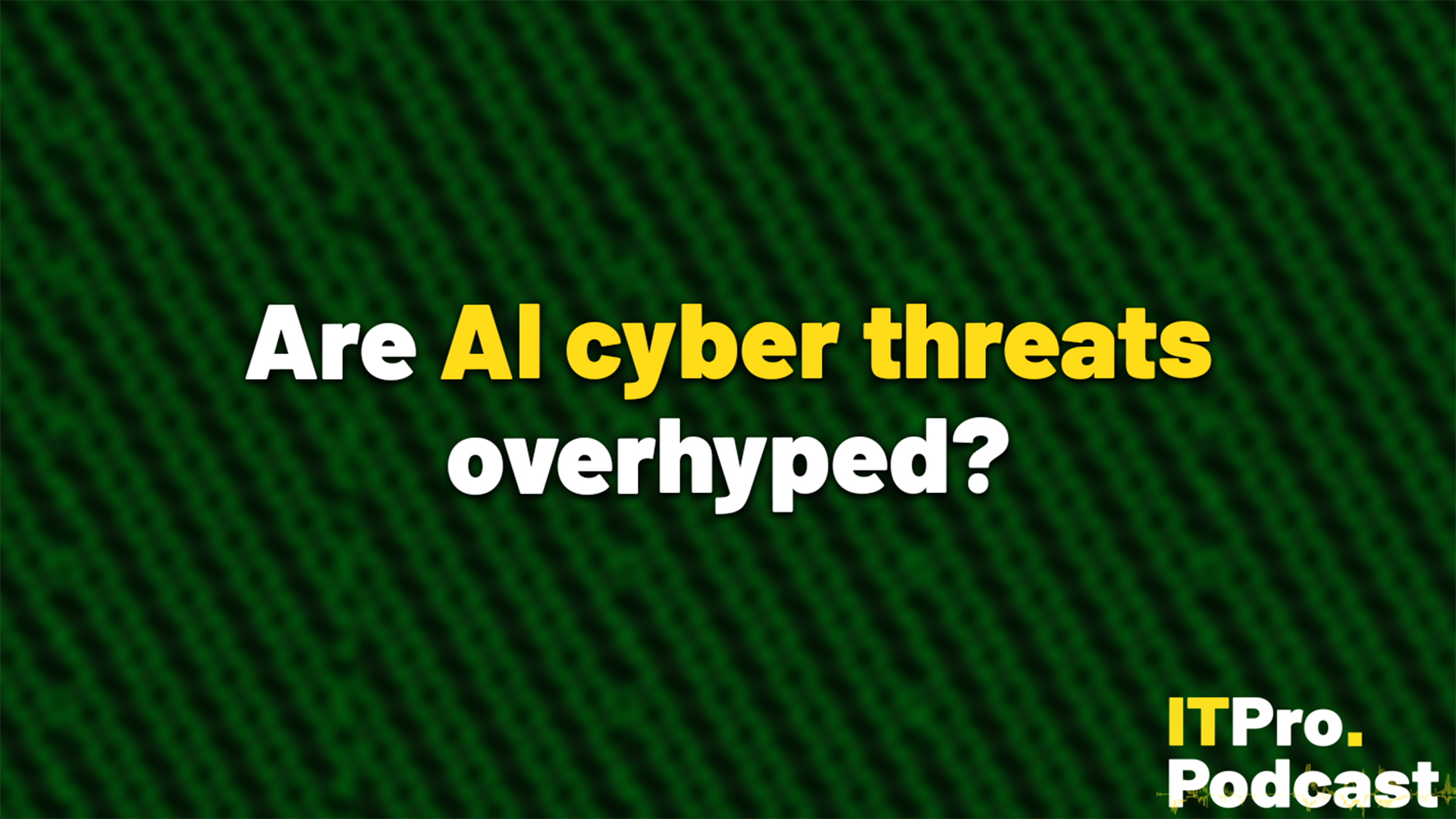 Are AI cyber threats overhyped?
Are AI cyber threats overhyped?ITPro Podcast As cyber teams turn to the threats posed by AI, rising attacks by state-sponsored groups and ransomware gangs remain the biggest threat
-
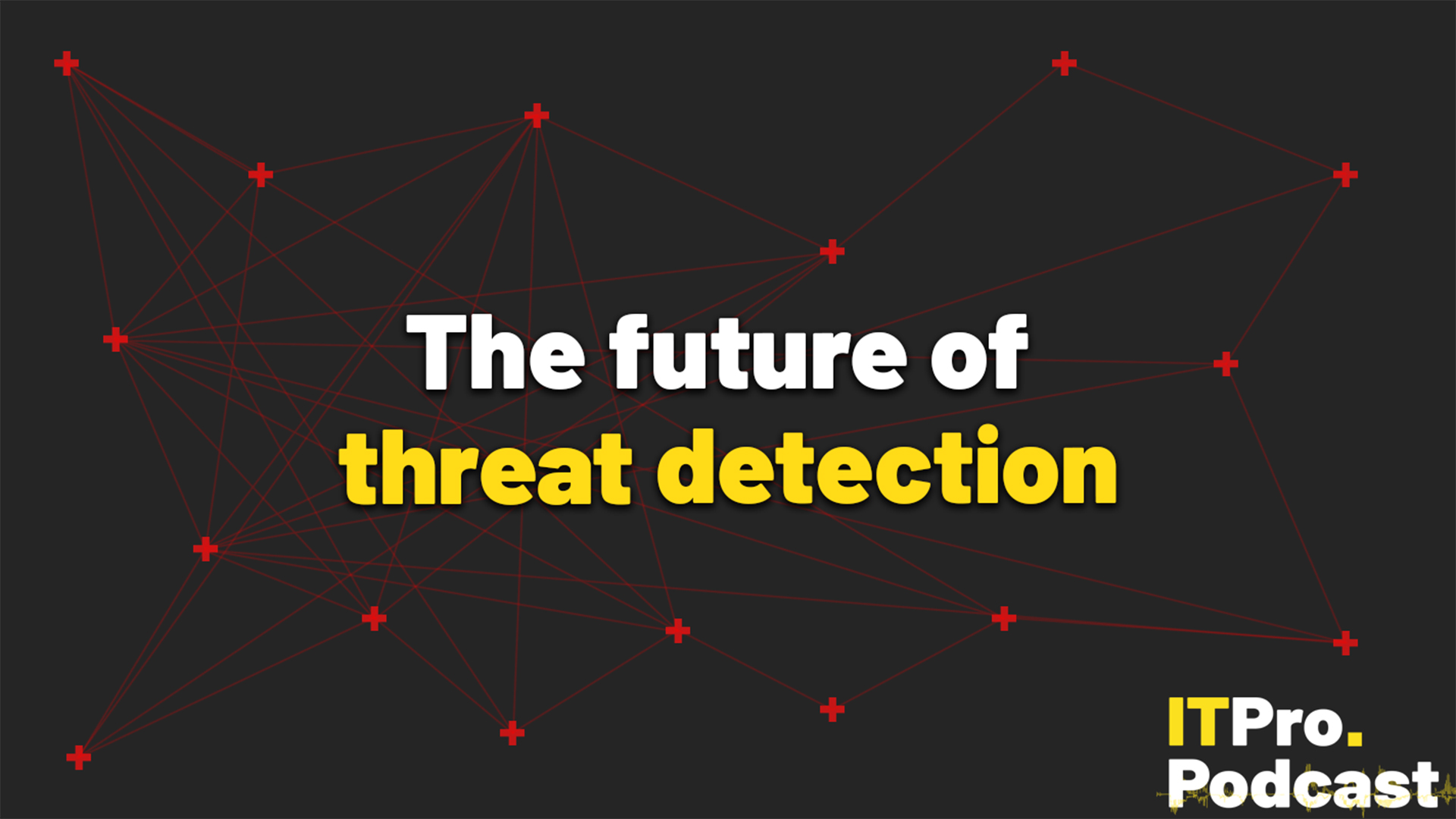 The future of threat detection
The future of threat detectionITPro Podcast To fight sophisticated threats, cybersecurity teams will need to unify data like never before
-
 November rundown: CrowdStrike's insider threat
November rundown: CrowdStrike's insider threatITPro Podcast As CrowdStrike grappled with a malicious employee, Cloudflare suffered a major outage
-
 Getting a grip on digital identity
Getting a grip on digital identityITPro Podcast As AI agent adoption explodes, security leaders will need better identity controls than ever before
-
 Let’s talk about digital sovereignty
Let’s talk about digital sovereigntyITPro podcast In the age of AI and cloud, where data resides is a key consideration
-
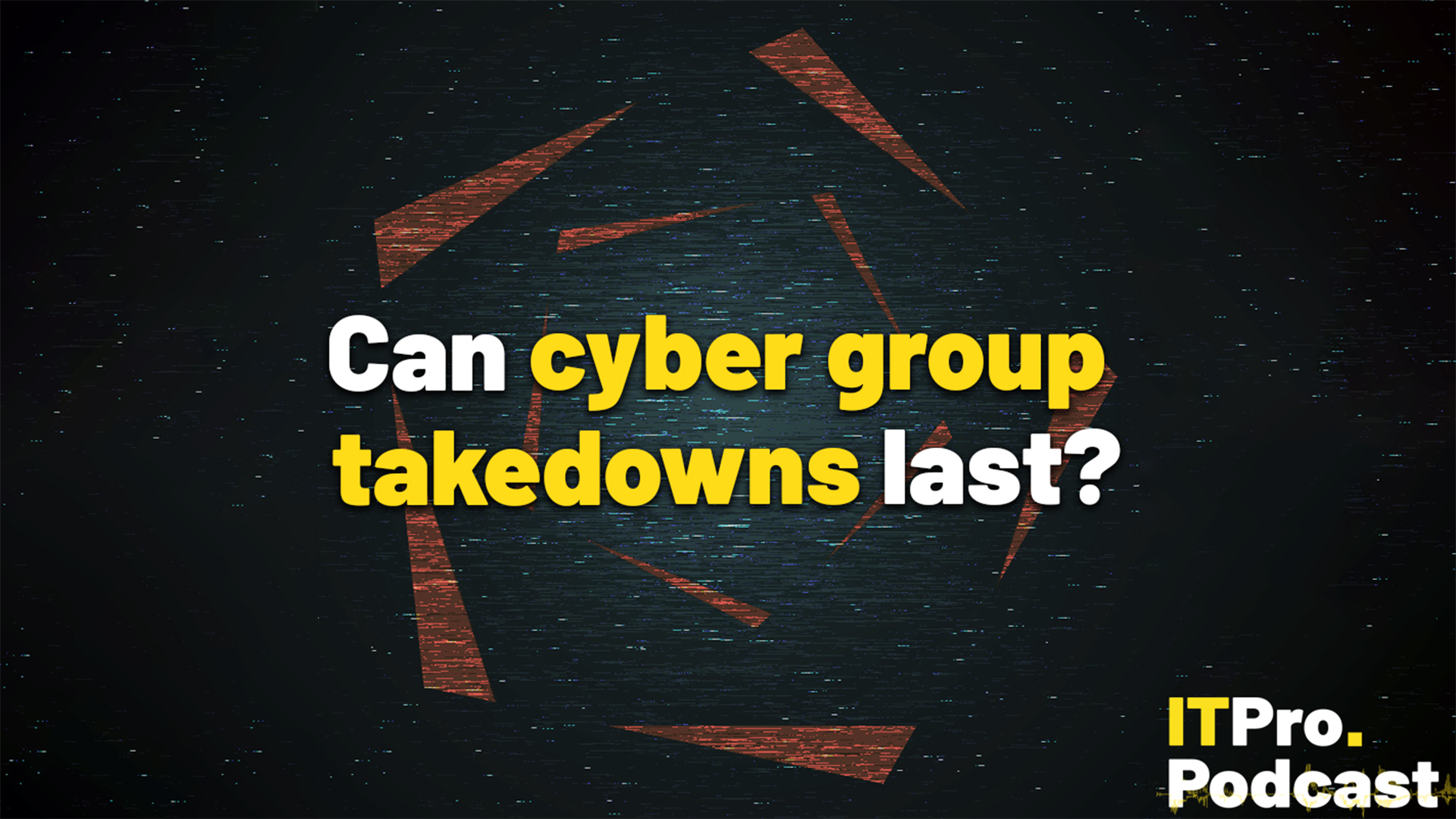 Can cyber group takedowns last?
Can cyber group takedowns last?ITPro Podcast Threat groups can recover from website takeovers or rebrand for new activity – but each successful sting provides researchers with valuable data
-
 July rundown: Salt Typhoon and SharePoint scares
July rundown: Salt Typhoon and SharePoint scaresITPro Podcast US public sector organizations are under serious threat from the state-backed hacking group
-
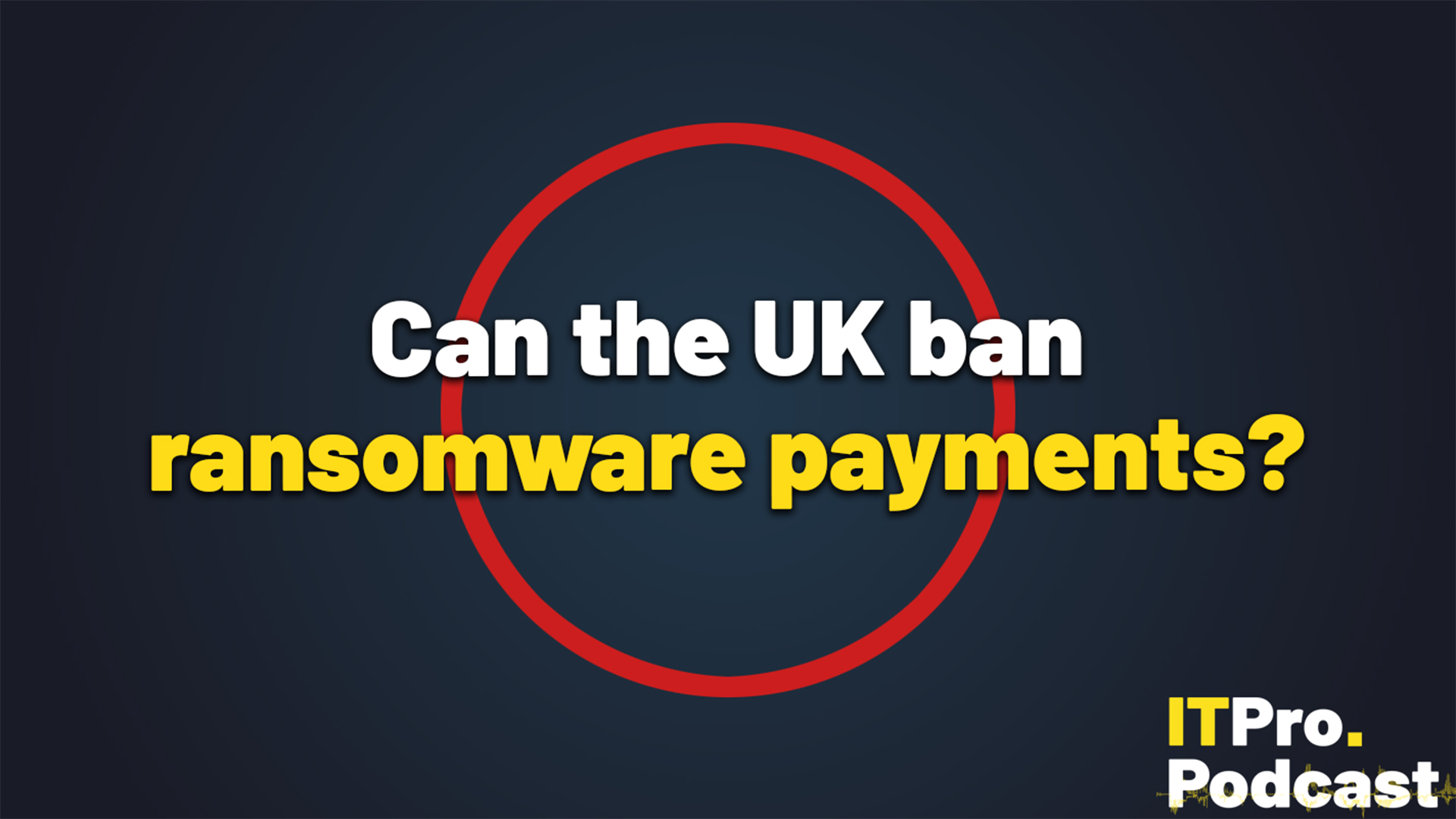 Can the UK ban ransomware payments?
Can the UK ban ransomware payments?ITPro Podcast Attempts to cut off ransomware group profits could instead harm businesses